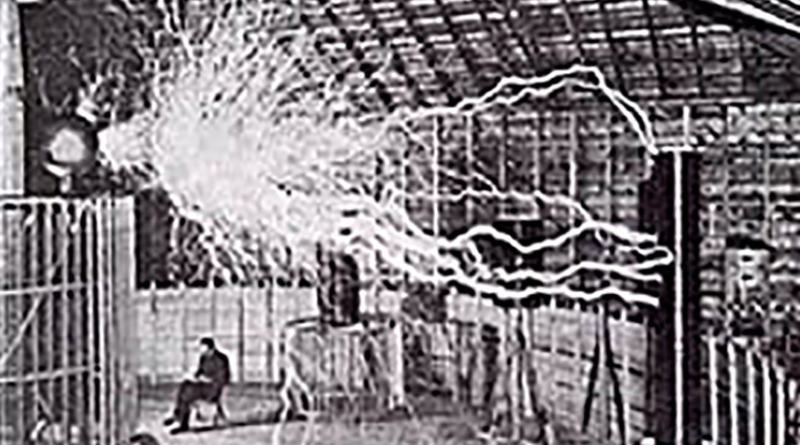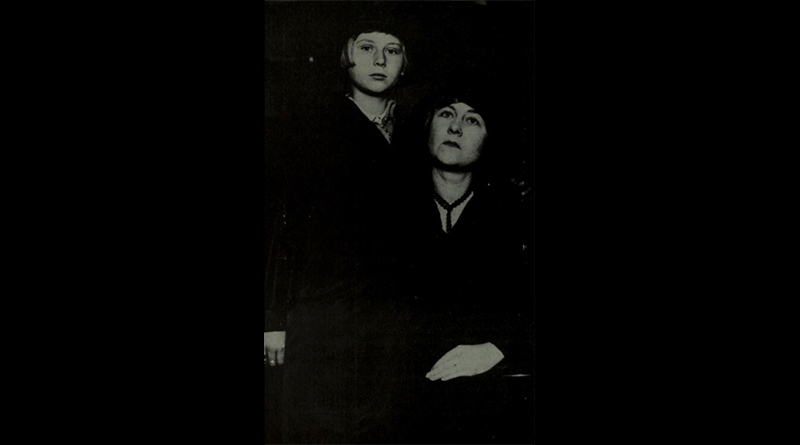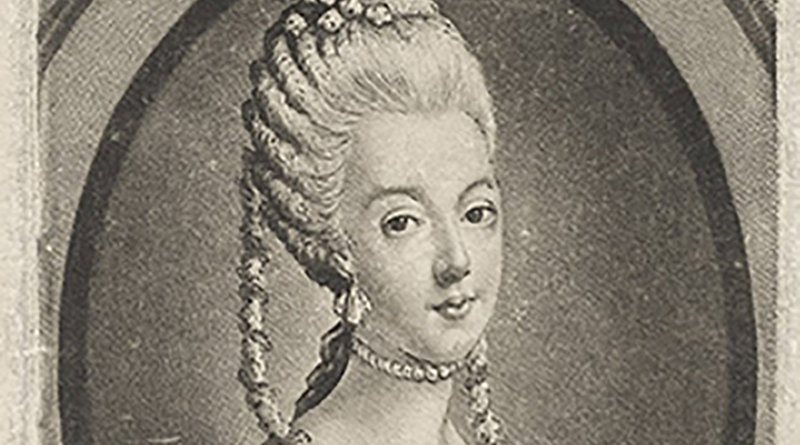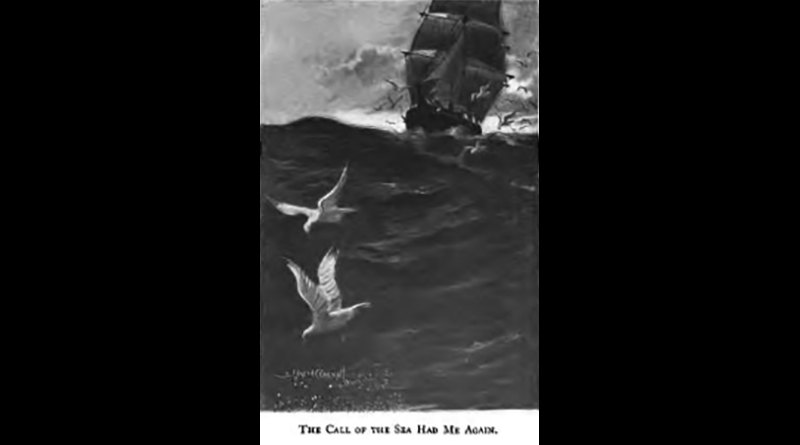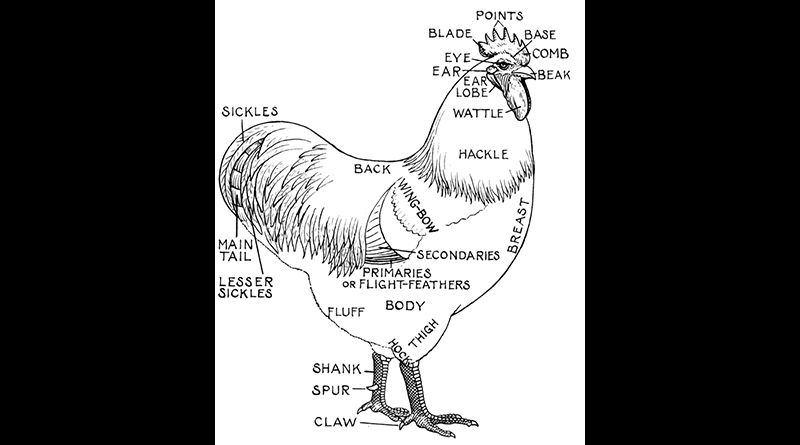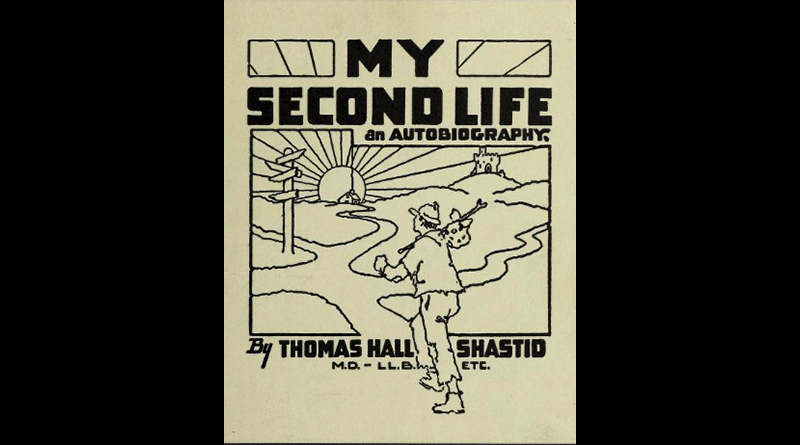It was here [Budapest] that I suffered the complete breakdown of the nerves to which I have referred.
What I experienced during the period of that illness surpasses all belief. My sight and hearing were always extraordinary. I could clearly discern objects in the distance when others saw no trace of them. Several times in my boyhood I saved the houses of our neighbors from fire by hearing the faint crackling sounds which did not disturb their sleep, and calling for help.
In 1899, when I was past forty and carrying on my experiments in Colorado, I could hear very distinctly thunderclaps at a distance of 550 miles. The limit of audition for my young assistants was scarcely more than 150 miles. My ear was thus over thirteen times more sensitive. Yet at that time I was, so to speak, stone deaf in comparison with the acuteness of my hearing while under the nervous strain. In Budapest I could hear the ticking of a watch with three rooms between me and the time piece. A fly alighting on a table in the room would cause a dull thud in my ear. A carriage passing at a distance of a few miles fairly shook my whole body. The whistle of a locomotive twenty or thirty miles away made the bench or chair on which I sat vibrate so strongly that the pain was unbearable. The ground under my feet trembled continuously. I had to support my bed on rubber cushions to get any rest at all. The roaring noises from near and far often produced the effect of spoken words which would have frightened me had I not been able to resolve them into their accidental components. The sun’s rays, when periodically intercepted, would cause blows of such force on my brain that they would stun me. I had to summon all my will power to pass under a bridge or other structure as I experienced a crushing pressure on the skull. In the dark I had the sense of a bat and could detect the presence of an object at a distance of twelve feet by a peculiar creepy sensation on the forehead. My pulse varied from a few to two hundred and sixty beats and all the tissues of the body quivered with twitchings and tremors which was perhaps the hardest to bear. A renowned physician who gave me daily large doses of Bromide of Potassium pronounced my malady unique and incurable.
It is my eternal regret that I was not under the observation of experts in physiology and psychology at that time. I clung desperately to life, but never expected to recover. Can anyone believe that so hopeless a physical wreck could ever be transformed into a man of astonishing strength and tenacity, able to work thirty-eight years almost without a day’s interruption, and find himself still strong and fresh in body and mind? Such is my case. A powerful desire to live and to continue the work, and the assistance of a devoted friend and athlete accomplished the wonder. My health returned and with it the vigor of mind. In attacking the problem again I almost regretted that the struggle was soon to end. I had so much energy to spare. When I undertook the task it was not with a resolve such as men often make. With me it was a sacred vow, a question of life and death. I knew that I would perish if I failed. Now I felt that the battle was won. Back in the deep recesses of the brain was the solution, but I could not yet give it outward expression. One afternoon, which is ever present in my recollection, I was enjoying a walk with my friend in the City Park and reciting poetry. At that age I knew entire books by heart, word for word. One of these was Goethe’s “Faust.” The sun was just setting and reminded me of the glorious passage:
“Sie ruckt und weicht, der Tag ist uberlebt, Dort eilt sie hin und fordert neues Leben.
Oh, dass kein Flugel mich vom Boden hebt
Ihr nach und immer nach zu streben!
Ein schoner Traum indessen sie entweicht,
Ach, zu des Geistes Flugeln wird so leicht
Kein korperlicher Flugel sich gesellen!”
[The glow retreats, done is the day of toil; It yonder hastes, new fields of life exploring;
Ah, that no wing can lift me from the soil
Upon its track to follow, follow soaring!
A glorious dream! though now the glories fade.
Alas! the wings that lift the mind no aid
Of wings to lift the body can bequeath me.]
As I uttered these inspiring words the idea came like a flash of lightning and in an instant the truth was revealed. I drew with a stick on the sand the diagrams shown six years later in my address before the American Institute of Electrical Engineers, and my companion understood them perfectly. The images I saw were wonderfully sharp and clear and had the solidity of metal and stone, so much so that I told him: “See my motor here; watch me reverse it.” I cannot begin to describe my emotions. Pygmalion seeing his statue come to life could not have been more deeply moved. A thousand secrets of nature which I might have stumbled upon accidentally I would have given for that one which I had wrested from her against all odds and at the peril of my existence. — Nikola Tesla, from his book My Inventions, The Autobiography of Nikola Tesla (read for free)

